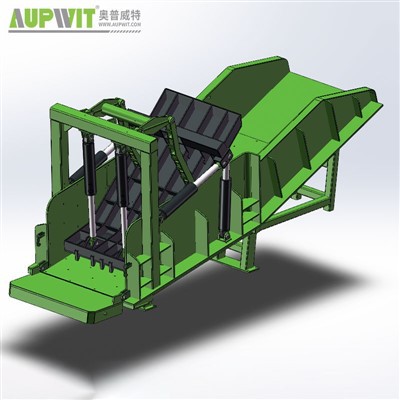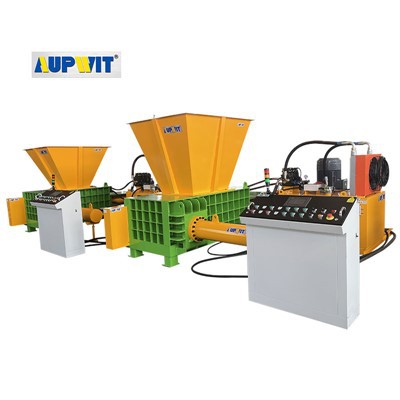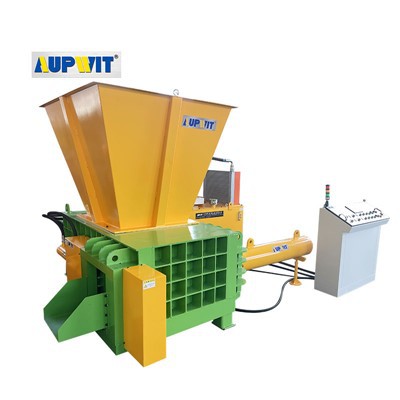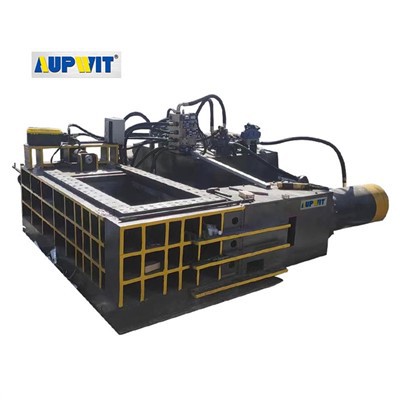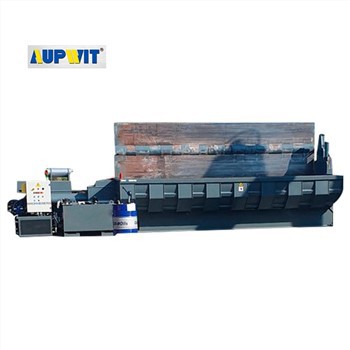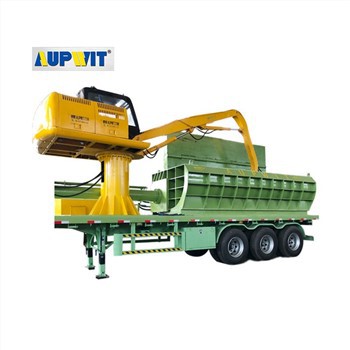Control System of Mini Baler Machines
The control system of a mini baler machine is designed to balance simplicity and functionality, ensuring ease of use for operators while maintaining reliable performance. At its core, it typically features a user-friendly interface that centralizes key operations, allowing for straightforward management of the baling process.
Intuitive Interface
Most systems include a control panel with clearly labeled buttons or switches that regulate essential functions: starting and stopping the machine, activating the compression mechanism, and triggering the binding process.
Smart Sensors
Sensors detect when the material chamber is adequately filled, signaling the control unit to initiate compression. This prevents overloading and ensures consistent bale density based on material type.
Safety Features
Includes interlocks that halt operation if access doors are open and emergency stop buttons for immediate shutdown. The system is designed to reset smoothly once issues are resolved.
Control System Specifications
- User-friendly interface with intuitive symbols
- Basic digital displays for operational status
- Adjustable pressure based on material type
- Preprogrammed cycles for specific materials
- Customizable binding tightness
- Prominent emergency stop buttons
- Access door safety interlocks
- Smooth reset functionality
Many modern mini balers also offer limited customization through their control systems. Operators can adjust binding tightness or select preprogrammed cycles for specific materials, tailoring performance to their needs without complex programming. This adaptability, paired with straightforward controls, makes the system both versatile and accessible, fitting the needs of small-scale operations where simplicity and reliability are prioritized over advanced automation.
Overall, the control system acts as the machine's nerve center, harmonizing mechanical actions with user inputs to deliver efficient, safe, and consistent baling results. Its design emphasizes usability, ensuring that even operators with basic training can achieve optimal performance with minimal oversight.


